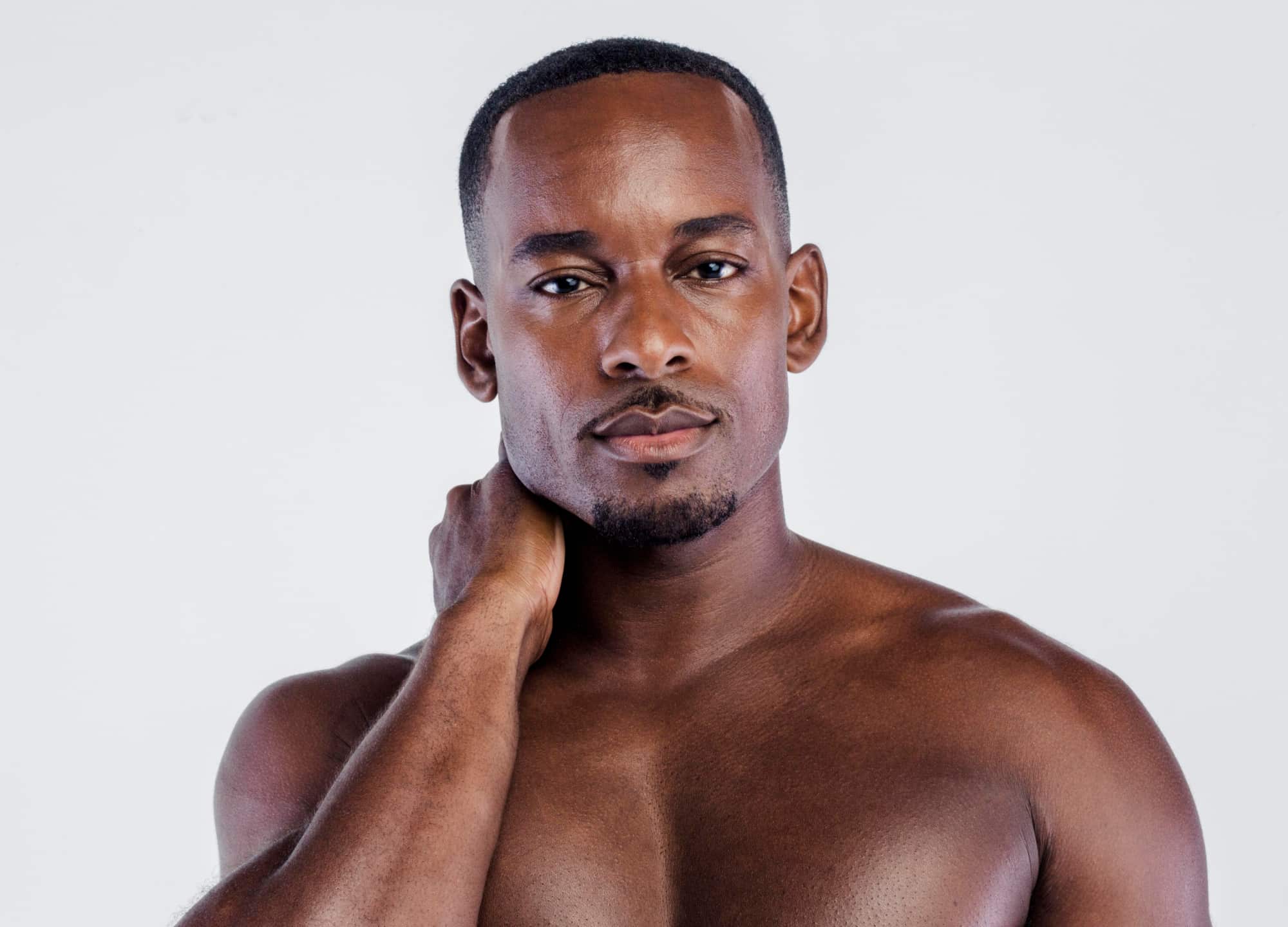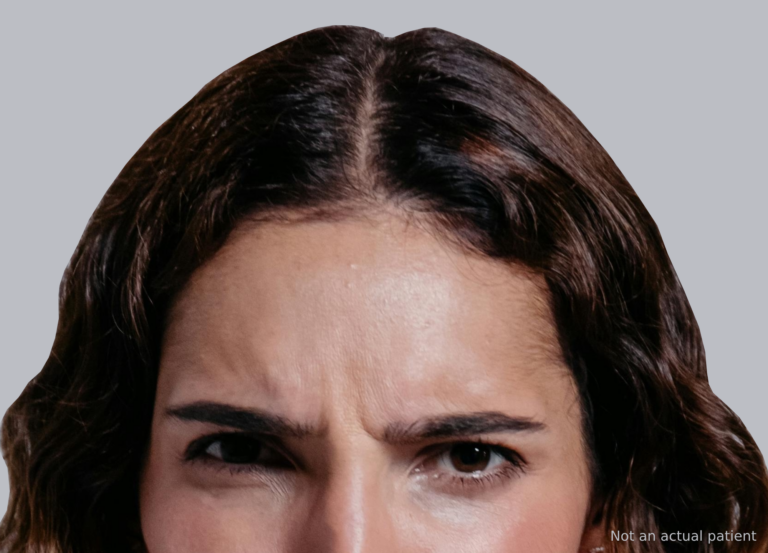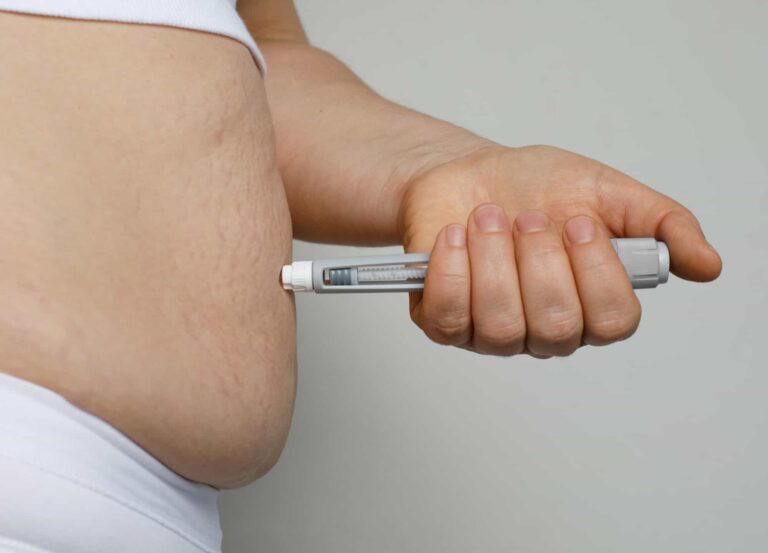Our annual Most Worth It list recognizes the most-loved aesthetic procedures—from noninvasive tweaks to the gold standard in surgery—as chosen by RealSelf community members like you. This story highlights one or more of the 44 Most Worth It honorees for 2022; you can see the full list and learn more about patients’ favorite procedures here.
As Cristian opened his eyes and the anesthesia started to wear off, he felt a massive wave of relief roll over him. After years of being ridiculed and bullied, hating what he saw in the mirror and feeling insecure in his own skin, the 18-year-old had finally done something about his most prominent feature: he had undergone rhinoplasty.
The journey to the operating room wasn’t easy for the recent high school grad. Cristian wasn’t even 10 years old when his friends and classmates began making fun of his large nose. It started innocently enough, with his buddies simply giving him a hard time, the way young boys often do, but the joking soon turned to bullying—and by the time he reached high school, the torment caught up to Cristian. “When I took photos, I just really didn’t like what I saw,” he says.
It wasn’t until his senior year that Cristian concluded that a procedure would help him be more confident and outgoing. He decided to get surgery the summer before going away to college; that way, he could enter the next phase of his life with a fresh start. The process wasn’t without its challenges, and Cristian had occasional doubts, but through it all, he never once felt stigmatized by his gender.
Not so long ago, plastic surgery was seen as a woman’s pursuit—and even then, a contentious one. Men were only an accessory in post-op rooms, if they were included in the endeavor at all. The idea that a man, especially a heterosexual man, would undergo major surgery simply to address something superficial, like the size of his nose or the bags under his eyes, was considered vain and effeminate. Men, by and large, shied away from the arena, and in the rare case they did have something done, it was kept private. But in recent years, as the number of men going under the knife has continued its rise, the stigma surrounding male cosmetic surgery has started to erode. Recent RealSelf data shows male interest in nonsurgical procedures also continues to increase year over year.
“What’s happening is a sort of destigmatization of it for men, and it’s happening for multiple reasons,” says Dr. Alan Matarasso, a plastic surgeon in New York City and president of The American Society of Plastic Surgeons. He thinks one major factor in this trend is the sheer number of options available to patients. “Twenty years ago, plastic surgery was surgery; now more than half of what we do is nonsurgical or minimally invasive,” Dr. Matarasso explains. “So right away, that opens up a whole world to people who, 20 years ago, may have said, ‘Well, yes, I hate my neck, but I’m not going to have an operation.’ Now you have a million different alternatives that don’t include surgery. The outcome of nonsurgical procedures is not the same, but these are alternatives that many will embrace nonetheless.”
1. Workplace pressure
We also find ourselves in a totally unprecedented professional arena, where people are staying in the workforce far longer than ever before. “The working population is getting broader and broader. People are no longer retiring at 60 and 65 anymore. People are working well into their 80s, or at least their 70s,” says Dr. Melissa Doft, a New York City plastic surgeon. “So the question arises for a 75-year-old at the boardroom table of how to look like an active participant instead of an old man who’s just an honorary guest.” These men don’t want to appear irrelevant next to their younger coworkers, and they often feel that looking old can result in a loss of success. “In a lot of industries, as soon as someone looks like they’re over 40, nobody’s interested. Even if they’re doing the right stuff, they just don’t look like they’re a part of the right generation,” adds Dr. Matarasso. “Whether we like it or not, that’s the reality.”
And career-motivated surgery extends even to younger demographics. “I take care of a ton of high-powered individuals in New York, and the pace of the city is just so fast that these guys are working around the clock or are on airplanes every week and just don’t have the time to perhaps see a nutritionist or go to the gym,” Dr. Doft says. “So they’ll come in for procedures like liposuction, because they need something to kind of springboard them into a healthy lifestyle.”
2. Lifestyle changes
Men, particularly new fathers, who recognize themselves as having a “dad bod” are also feeling the pressure. “There’s a big uptick in something called the ‘Daddy Do-Over,’” says Dr. Matarasso. “Men don’t have the physical effects of giving birth and being pregnant, but their lives do change. They get to be 35, 40, 45, 50—whatever age they may be having children—and their lifestyle changes. They can’t play basketball for two hours, three nights a week. The food in the house changes, and they can’t be as strict with it. And finally, as men get to their 30s, their belly fat—what we call intra-abdominal fat or ‘beer belly,’ the deep fat—increases, so even if they do everything the same, their body changes,” he explains. The so-called “Daddy Do-Over” presents a solution to treat the parts of the body that are most heavily affected by this lifestyle shift. Liposuction is performed in both the belly and the chest, but there’s a new technique for the chest that goes even further. “Gynecomastia, the surgical procedure that addresses male breast glands, was typically very difficult—it was bloody and had a high complication rate,” Dr. Matarasso says. “But now there’s an approach where you do the liposuction, you take the tube out, and you put in something that shaves away the gland.” The new option is not only more effective at getting rid of excess fat but also far safer.
3. Improved techniques
In a recent study conducted by Washington, D.C., plastic surgeons Dr. Michael Reilly and Dr. Steven P. Davidson, it was discovered that facial plastic surgery can significantly improve perceptions of likability, attractiveness, trustworthiness and social skills. The doctors looked at several procedures, including facelifts, neck lifts and chin implants. “It was a question of, what are the greater changes that happen to men beyond looking younger or having your skin look tighter?” says Dr. Reilly.
Men now occupy around 14% of the cosmetic surgery market, and doctors are recognizing the need to approach male features differently from the way in which they have female features. “There have been some pretty poor results amongst male celebrities that got a lot of publicity—Kenny Rogers, Mickey Rourke, Sylvester Stallone—and that has informed the way we work with male patients,” Dr. Reilly explains. “The reality of those cases is that they essentially got feminization surgeries done—they got their faces and eyes pulled really tight.” In recent years, the medical field has adapted and created new surgeries and techniques specifically with male patients in mind, perhaps leading to an overall increase in the number of men electing to have work done.
4. Social media influence
Of course, the phenomenon that is social media can’t be ignored. Like every other facet of our modern culture, cosmetic surgery has been deeply impacted by Instagram, Snapchat and the like, from the heightened emphasis these mediums place on aesthetics to the transparency many users now display in discussing their own procedures. “I think the biggest thing is, we have this kind of selfie dysmorphia. You’re taking photos of yourself or seeing yourself on social media, and a lot of people—men and women—are doing facial tuning and editing to make themselves look better, so there’s an increase in surgery all around,” says Dr. Paul Nassif, a Los Angeles plastic surgeon and star of E!’s Botched. “Especially for men, when they look at themselves and see their neck or their nose or their eyelids in a selfie, they’re seeing something that does not look good. They’re becoming more aware of it and wanting to do more things—whether it’s using good skincare, fillers or Botox or doing surgery.”
And rather than hiding it from the world, this new wave of millennial patients is readily embracing their cosmetic surgery experience and sharing it with the masses. “When I built my office, I built a backdoor because a lot of people were concerned about privacy,” says Dr. Matarasso, “but now, the 20- and 30-year-olds are in recovery, posting pictures of themselves after a nose job, and they think nothing of it.” This all creates a critical mass effect: “Once a guy knows that a few of his friends are getting Botox, he’s a lot less afraid of getting it, because it’s like, ‘Oh—you’re doing it too, maybe it’s not so crazy after all,’” says Dr. Reilly.
Social media has also made it easier to penetrate the once overwhelming and inscrutable world of plastics. “When you sit on your phone, scrolling through Instagram and some ‘before and after’ pops up, that makes it easier,” says Dr. Nassif. “And when you become a bit more educated, you go to a site like RealSelf and find out more about the doctor and the procedure and do more research there and then it becomes a no-brainer. You say, ‘Okay, I have all the information, now let me think about actually doing it.’” Most doctors are currently active on Instagram, posting photos of their results and, occasionally, even footage of the surgery—and there are innumerable accounts and hashtags dedicated to specific procedures. “Being able to look on Instagram and read reviews online and hear people’s experiences with the same surgery really helped me prepare for my own,” Cristian says.
Bottom line
But despite the growing popularity and acceptance around male cosmetic surgery, it will always have its critics. After 25 years in the military and the end of a very long, very bad marriage, Rick felt worn out—and his puffy eyes and sagging neck showed it. “I looked 10 or 15 years older than I actually was, just from the stress and the strain of it all,” the now 61-year-old says. “I’d always served others and never really did anything for myself, but there was a lot of stigma and negativity around plastic surgery, especially in the military world,” he says, explaining that the general consensus there is that if you’re a man and want plastic surgery, you must be extremely vain. “But that wasn’t the case at all,” he says. “I just wanted to not be constantly reminded of all the not-so-good things that had happened in my life and resulted in premature aging.”
Rick mentioned the idea of cosmetic surgery to a few family members and friends, and many were in full support of it—but others, particularly those in the military community, were not so accepting. “They gave me a really hard time, saying I wanted to be a pretty boy.” Nevertheless, Rick ignored the criticism and continued to research procedures and doctors.
When he finally decided on a facelift and lower eye lift and prepared to go under the knife just days before his 60th birthday last July, the ex-military man updated a few of his friends. “I found out that people were not receptive to this,” he remembers, “so I wound up telling people I was just getting my jaw worked on, and I went with that story and stuck to it. As long as it wasn’t cosmetic, people were okay with whatever I wanted to do.”
Rick’s results were very natural-looking, and most of his friends and family members simply commented on how “refreshed” he looked after the procedure. “It gave me a big boost in my morale, because I didn’t look in the mirror anymore and see all these years of bad things; I just saw the person I felt like on the inside,” he says. “I view the pressure of society as just a noisy voice in the background that I ignore completely. This was solely and exclusively for my own benefit and my own well-being.”
Now, when he talks about the surgery, Rick tells people that it was well worth the money and effort; it has completely altered his outlook on life and how he feels about himself. “Because of the stigma I experienced and because of the societal perception of men getting plastic surgery, I want to share my story so people won’t look at it negatively but will embrace the possibility and the options we have available in the day of modern cosmetic surgery,” he says. “This is absolutely not something I would have considered 15 or 20 years ago, but I would encourage men to explore the option, at least, because it can honestly be life-changing.”











